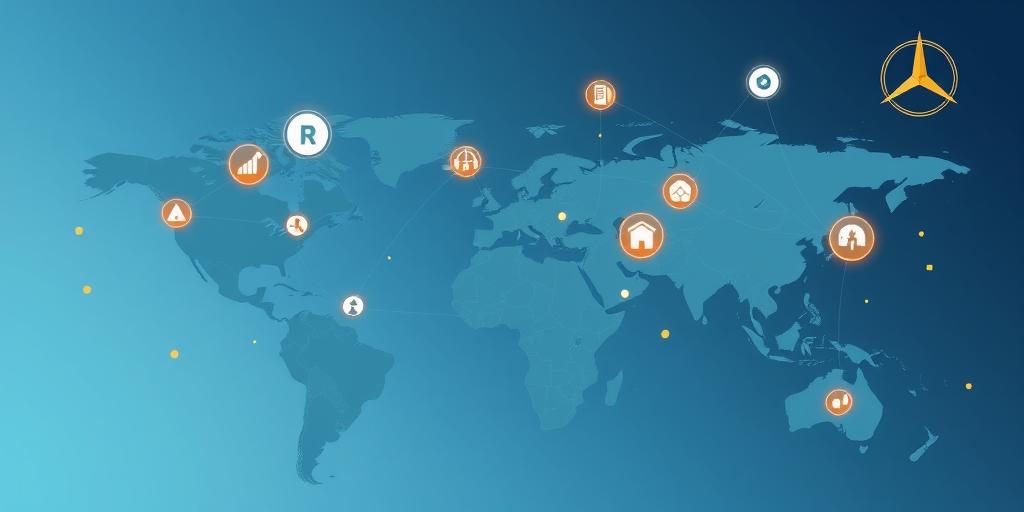Analyzing Global Power Shifts Through a Geopolitical Lens
The global landscape is in constant flux. Nations rise and fall, alliances shift, and new challenges emerge, reshaping the international order. Understanding these power shifts requires a keen awareness of geopolitics – the interplay of geography, politics, and economics that influences state behavior and international relations. This article provides an analytical overview of current global power shifts through a geopolitical lens.
Defining Geopolitics
Geopolitics examines how geographical factors such as location, natural resources, and demographics affect a state's political goals and foreign policy. It considers how these factors influence a nation's power, security, and its relationships with other countries. Analyzing global power shifts through this lens allows us to understand the underlying drivers and potential consequences of these changes.
Key Factors Driving Power Shifts
Several factors contribute to the ongoing shifts in global power:
- Economic Growth and Development: The rise of emerging economies like China and India has altered the global economic balance. Their increasing economic influence translates into greater political clout.
- Technological Innovation: Advances in technology, particularly in areas such as artificial intelligence, cybersecurity, and renewable energy, are reshaping the geopolitical landscape. Nations that lead in these fields gain a strategic advantage.
- Demographic Changes: Population growth, aging populations, and migration patterns can significantly impact a nation's economic and military strength.
- Environmental Issues: Climate change, resource scarcity, and environmental degradation pose significant challenges to nations, potentially leading to conflicts and altering geopolitical strategies.
- Political and Social Instability: Internal conflicts, political polarization, and social unrest can weaken a nation's ability to project power internationally.
Current Global Power Dynamics
- The Rise of China: China's rapid economic growth has transformed it into a major global power. Its increasing military capabilities, technological advancements, and assertive foreign policy are challenging the existing international order.
- The United States: While still a dominant power, the U.S. faces challenges to its global leadership. Internal political divisions, economic competition, and evolving geopolitical strategies from other nations are factors influencing its position.
- Russia: Russia seeks to reassert its influence in its near abroad and beyond. Its military interventions, energy policies, and diplomatic efforts reflect its ambition to play a more prominent role in global affairs.
- Regional Powers: Countries like India, Brazil, and Turkey are emerging as significant regional powers, shaping the dynamics within their respective spheres of influence.
Implications and Future Trends
The ongoing power shifts have several important implications:
- Multipolarity: The world is moving towards a multipolar system, with multiple centers of power rather than a single dominant hegemon.
- Increased Competition: Competition for resources, markets, and influence is intensifying among major powers.
- New Alliances: Nations are forming new alliances and partnerships to advance their strategic interests.
- Geopolitical Hotspots: Regions such as the South China Sea, Eastern Europe, and the Middle East remain potential flashpoints for conflict.
Conclusion
Analyzing global power shifts through a geopolitical lens provides valuable insights into the underlying dynamics shaping the international order. Economic growth, technological innovation, demographic changes, environmental issues, and political instability are key factors driving these shifts. As the world moves towards multipolarity and competition intensifies, understanding these trends is crucial for policymakers, businesses, and citizens alike. By studying geopolitics, we can better anticipate future challenges and opportunities in an ever-changing world.









